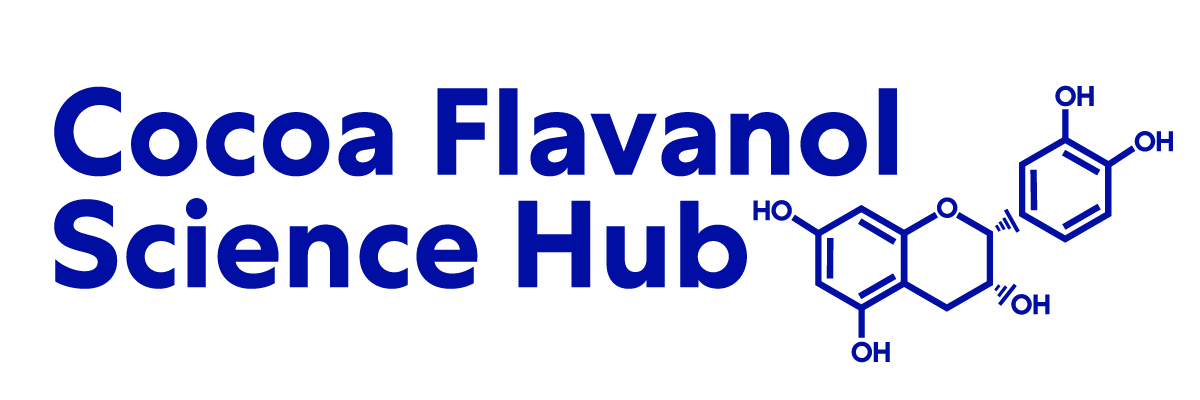Stabilizing effect of ascorbic acid on flavan-3-ols and dimeric procyanidins from cocoa.
Cocoa flavanols and procyanidins have numerous biological activities. It is known that (-)-epicatechin, (+)-catechin, epicatechin-(4beta-8)-epicatechin (dimer B2), and epicatechin-(4beta-6)-epicatechin (dimer B5) are unstable at physiologic pH, degrading almost completely within several hours, whereas they are relatively stable at pH 5.0. The present study investigated the effects of ascorbic and citricacid on the stability of monomers and dimers in simulated intestinal juice (pH 8.5) and in sodium phosphate buffer (pH 7.4). The addition of ascorbic acid to the incubation mixture significantly increased the stability of the monomers and dimers, whereas the addition of citric acid provided no protective effects. LC-MS showed that with the degradation of dimer B2 and dimer B5, doubly linked A-type dimers were formed. The present results, although not directly transferable to in vivo conditions, suggest that ascorbic acid may stabilize cocoa flavanols and procyanidins in the intestine where the pH is neutral, or alkaline, before absorption.
See the Full Study > (opens in a new tab)









